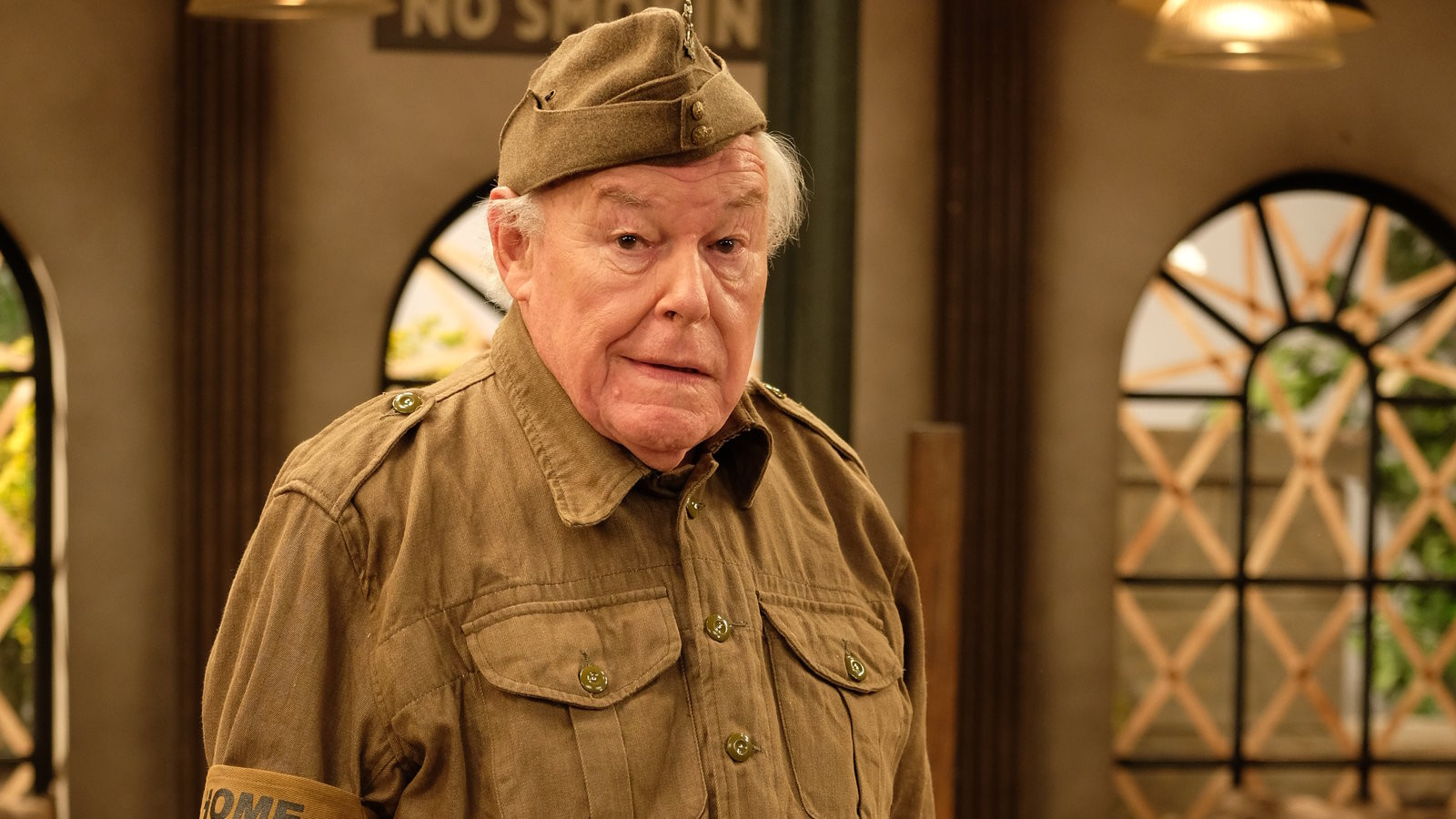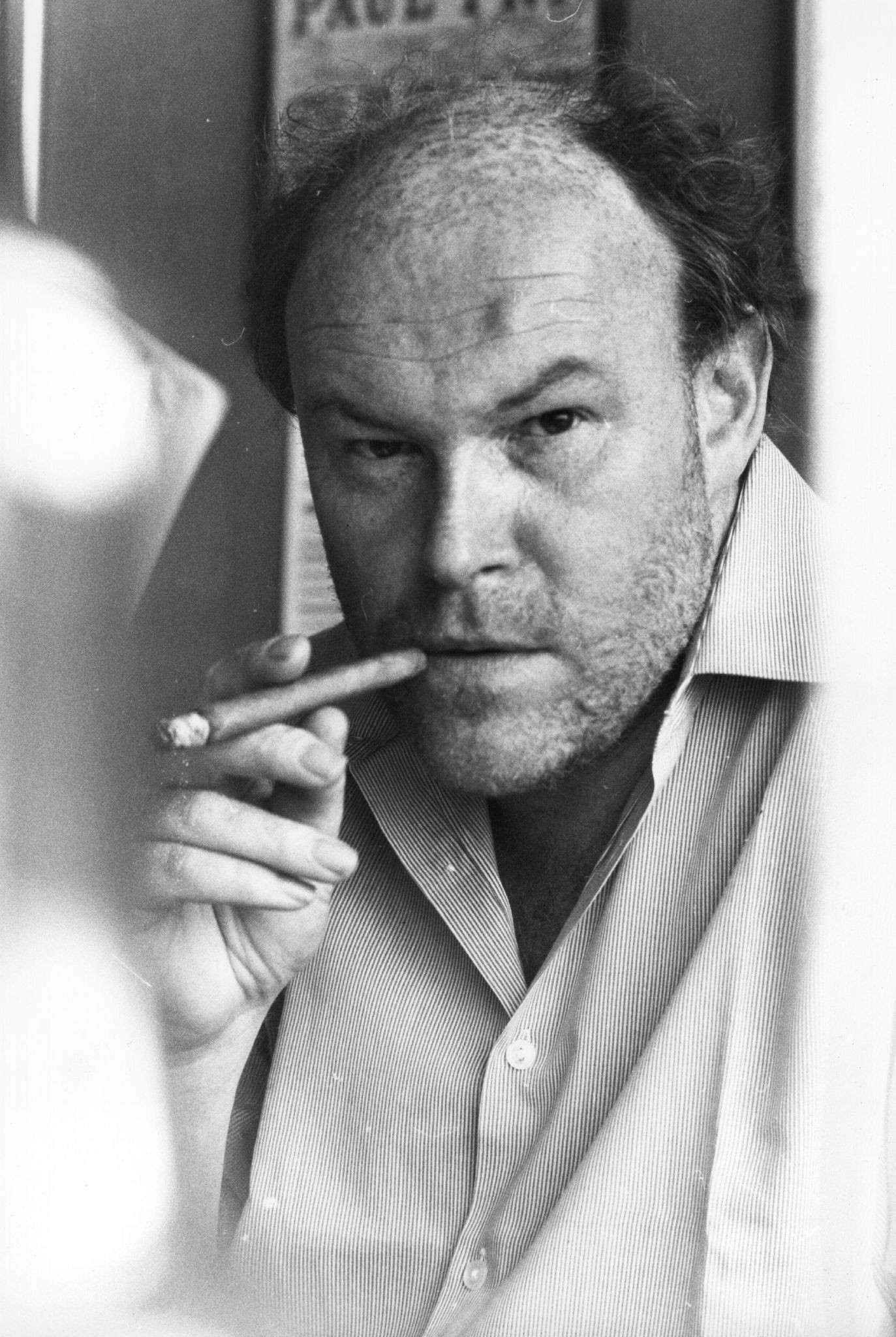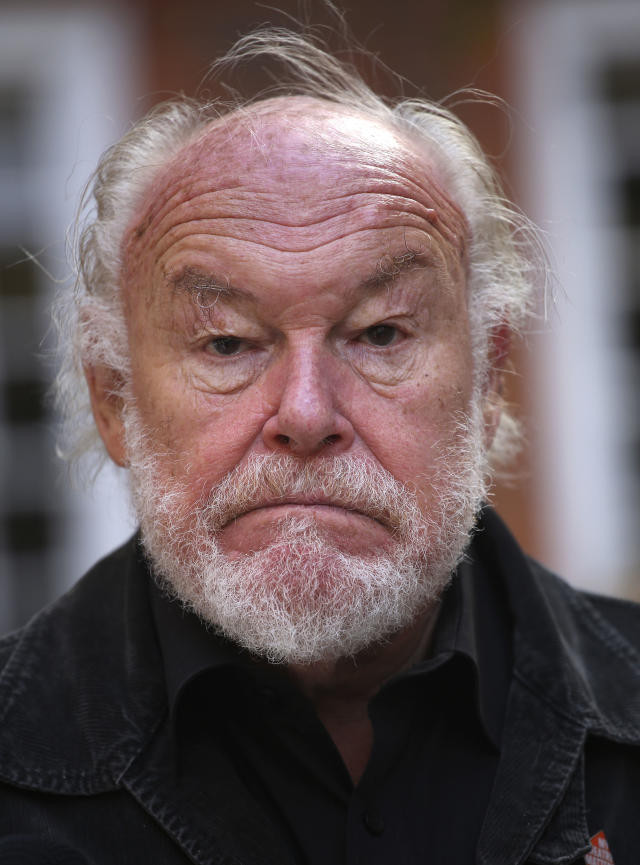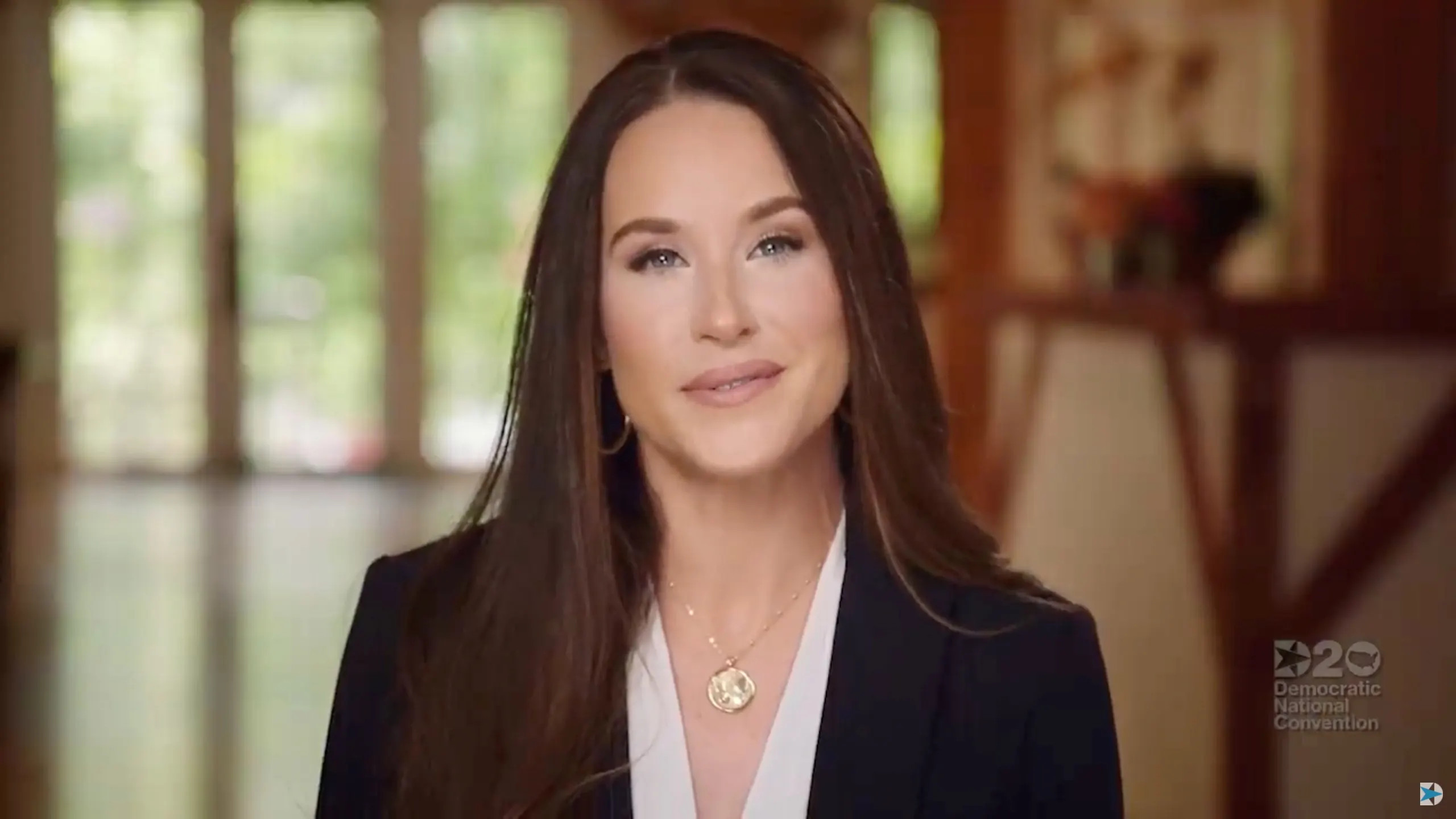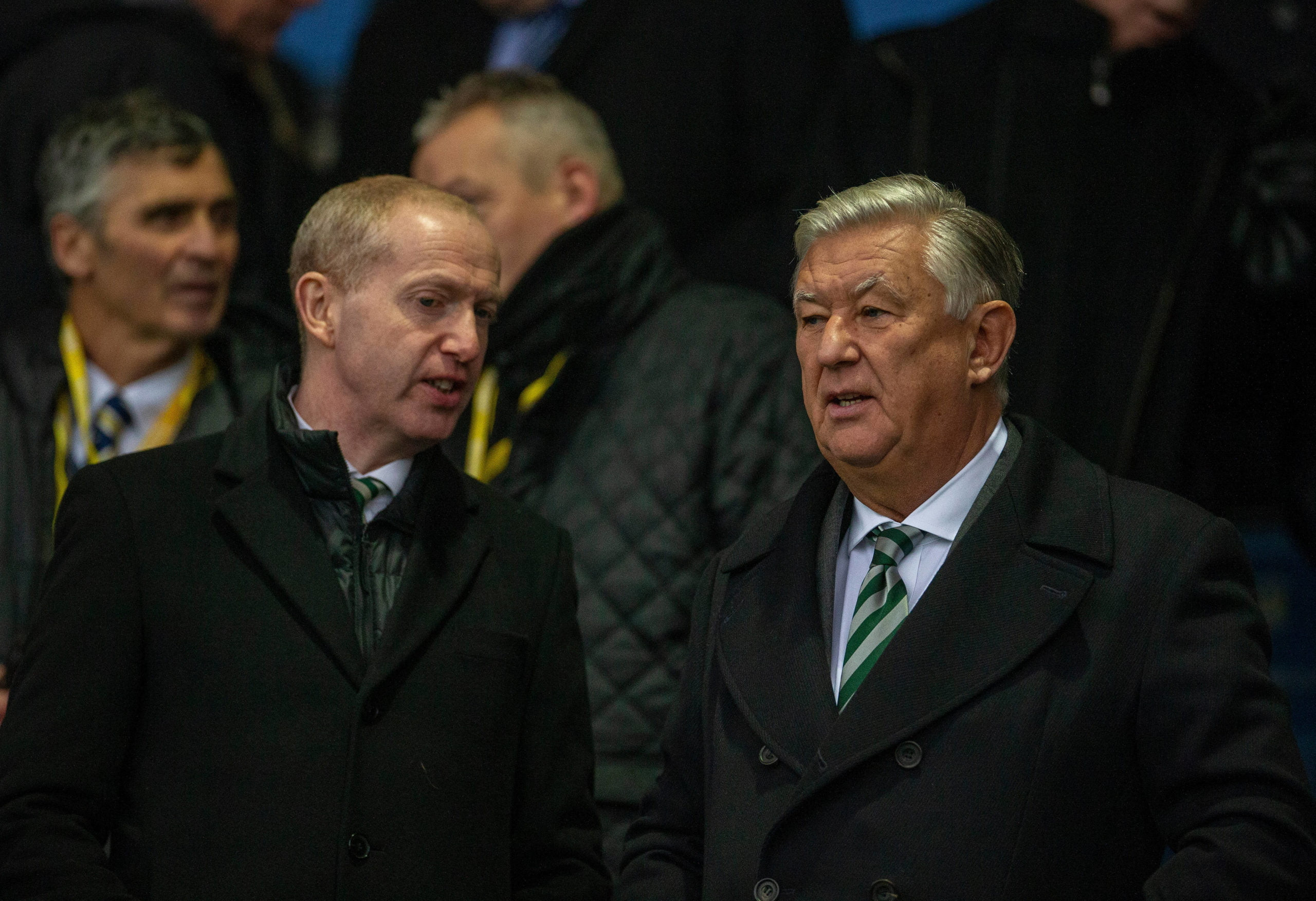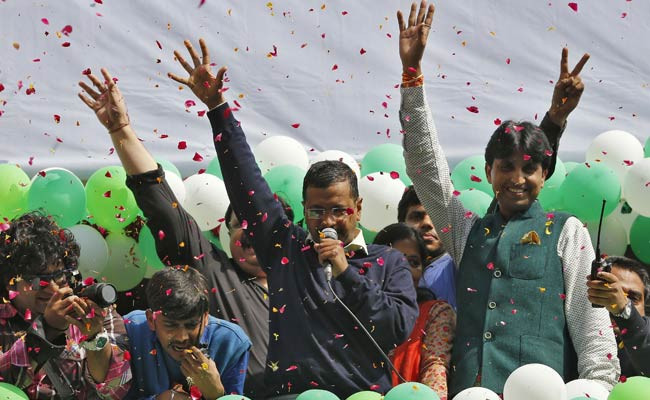Actor Timothy West, one of Britain's most distinguished and versatile actors, has died at the age of 90, his family have announced. He was known for roles on stage and screen including in TV sitcoms Not Going Out and Bedtime, dramas including Bleak House and Gentleman Jack, and soaps Coronation Street and EastEnders.
A statement released by his children said the actor died "peacefully in his sleep" and was "with his friends and family at the end".
The actor is also survived by his wife, Fawlty Towers star Prunella Scales, to whom he was married for 61 years. In recent years, the couple had been followed in 10 seasons of Channel 4's Great Canal Journeys.
In their statement, Juliet, Samuel and Joseph West described their father as having had a "long and extraordinary life on and off the stage". West leaves "a sister, a daughter, two sons, seven grandchildren and four great-grandchildren", the family said, adding: "All of us will miss him terribly.
"We would like to thank the incredible NHS staff at St George's Hospital, Tooting and at Avery Wandsworth for their loving care during his last days."
Broadcaster Piers Morgan recalled interviewing West for his Life Stories series with the actor’s wife Scales sitting in the audience. "[She was] the love of his life... his devotion to her after she developed Alzheimer’s was profoundly touching," Morgan said.
BBC Radio 4 presenter David Aaronovitch said: "May his memory be a blessing. He was certainly a blessing in real life."
Former EastEnders actress Tracy-Ann Oberman described West as "the most wonderful actor and human being".
Early Life and Career
The actor was born in 1934 in Bradford, the son of actors Lockwood West and Olive Carleton-Crowe. West attended Bristol Grammar School, where his contemporaries included Julian Glover and Dave Prowse, who would later play Darth Vader in Star Wars.
West began his career in entertainment as an assistant stage manager at the Wimbledon Theatre. He made his name on stage and screen in the 1960s, and BBC adaptations of Richard II and Edward II in the 1970s saw him reprise roles he had already played to critical acclaim in the theatre. His other lead TV roles included 1980s comedy-drama Brass.
A Long and Varied Career
With a remarkable knack of bringing history to life on stage and screen, West honed his craft with devotion and delight. He had a particular gift for playing historical figures. He appeared on screen as Mikhail Gorbachev, Winston Churchill (twice), Edward VII, Lord Reith and the suspected serial killer John Bodkin Adams. On stage he played Josef Stalin, the conductor Thomas Beecham and the literary giant Samuel Johnson. In fact, he played the latter twice for the Prospect Theatre Company and, with his strong jaw and solid figure, he seemed the very embodiment of Dr Johnson. He also exuded an 18th-century quality known as “bottom”, which the OED defines as “physical resources, staying power, substance, stability”. Those were the very attributes that made West such a fine actor.
West’s involvement with Prospect was long and fruitful and included a memorable season during which he played Bolingbroke and Mortimer to Ian McKellen’s Richard II and Edward II. West visibly differentiated between his two roles, playing Bolingbroke as a Machiavellian politician and Mortimer as a bloodthirsty warlord, providing a perfect foil to McKellen. He went on to play numerous roles for Prospect, including a gay hairdresser opposite Derek Jacobi in Staircase and, when Prospect morphed into the Old Vic Company in the late 70s, West unexpectedly found himself at its helm. This led to an unfortunate incident in 1980 when he appeared to disown an ill-fated production of Macbeth starring Peter O’Toole. His intention, he later explained, was simply to make clear that Macbeth was an autonomous production, but the resulting brouhaha cured him of any further desire to run a company.
West’s career as an actor continued unabated. He had a long and rich association with television that often involved his playing hard-headed, flint-hearted capitalists: the very opposite of West himself. In 1977, he played Josiah Bounderby, a ruthless manufacturer who marries a woman 30 years younger, in an adaptation of Dickens’s Hard Times. Between 1983 and 1990 he starred in 32 episodes of the Granada series Brass, in which he played an even more ruthless, domineering mill-owner: he later described it as one of the most enjoyable things he had done in his life. Later he was the pompous baronet Sir Leicester Deadlock in Bleak House and, on a gentler note, played the amiably bewildered Private Godfrey in three lost episodes of Dad’s Army, remade in 2019.
A Legacy of Excellence
But, although television and occasional films enabled West to earn a comfortable living, he knew that the ultimate challenges lay in the theatre. He was Solness in Ibsen’s The Master Builder in 1989, Chekhov’s Uncle Vanya in 1990, and James Tyrone in Long Day’s Journey Into Night in 1991 – with his wife, Prunella Scales, as Mary Tyrone. West always relished playing opposite members of his own family. In 1996, he was Falstaff in the two parts of Shakespeare’s Henry IV with his son, Samuel, playing Prince Hal. That father-son pairing was repeated to even greater effect when West père et fils twice appeared together in Caryl Churchill’s A Number. Since the whole play depends on a father’s complex relationship with his physically identical sons, the result was unbearably moving.
A true pro, West went on working in all media, appearing in TV’s two biggest soaps, Coronation Street and EastEnders. He and his wife also won a whole new audience when they appeared together in a long-running Channel 4 series, Great Canal Journeys, which capitalised on their love of Britain’s inland waterways.
Remembering a Great Talent
Tributes poured in from fellow actors, friends, and fans. Piers Morgan, who interviewed West for his Life Stories series, said West's "devotion to her [Scales] after she developed Alzheimer’s was profoundly touching." Fellow actor James Dreyfus wrote, "Marvellous actor. A constant in many of our lives. He shall be much missed."
West's legacy will undoubtedly live on through his exceptional performances on stage and screen, and through the memories of those who were fortunate enough to know him. His dedication to his craft, his unwavering support for his family, and his warm personality will be deeply missed by many.




